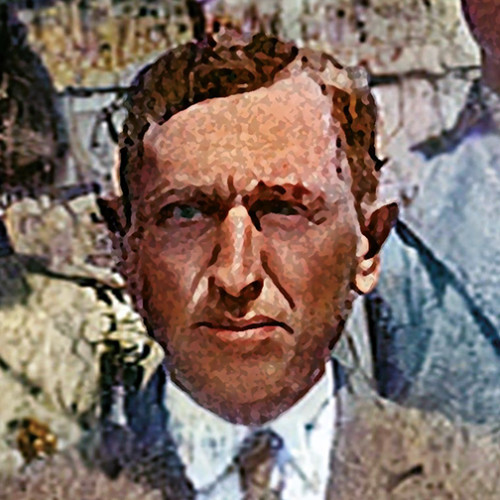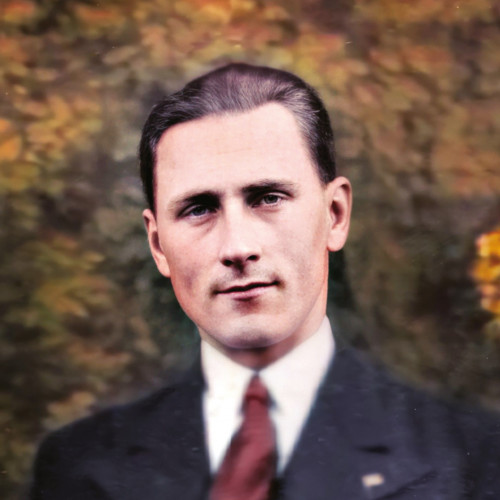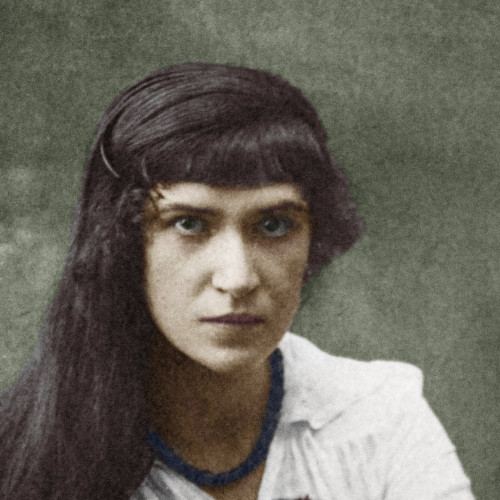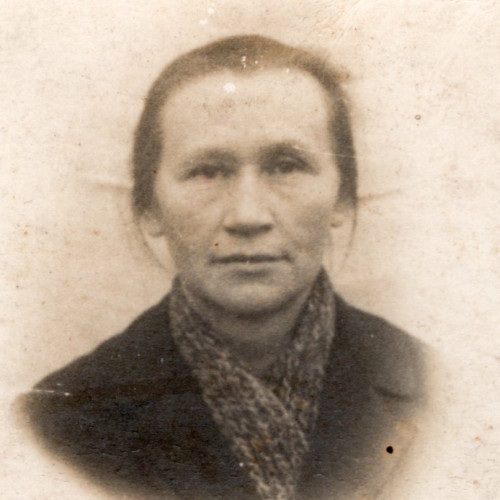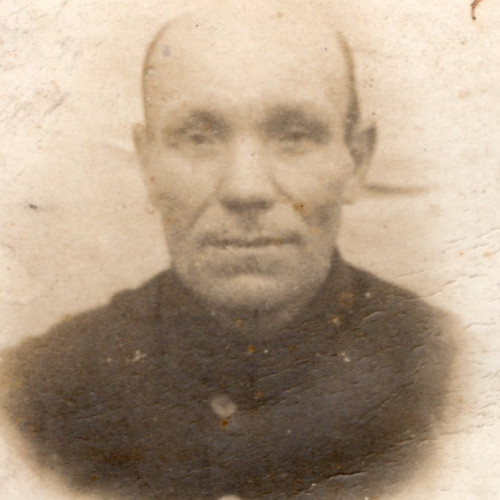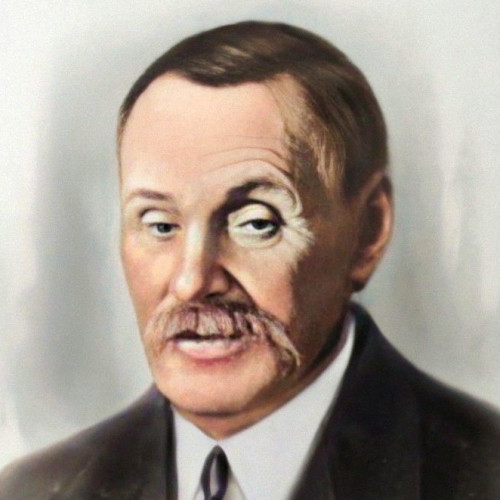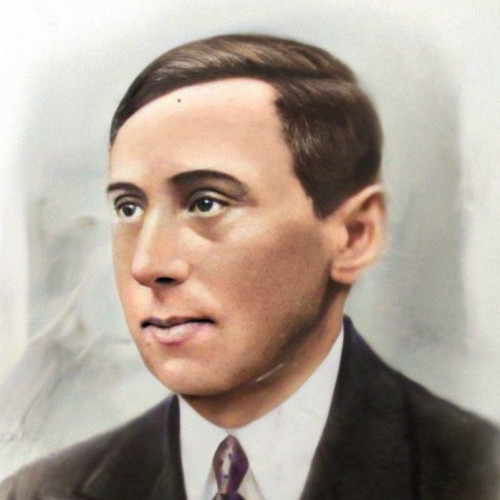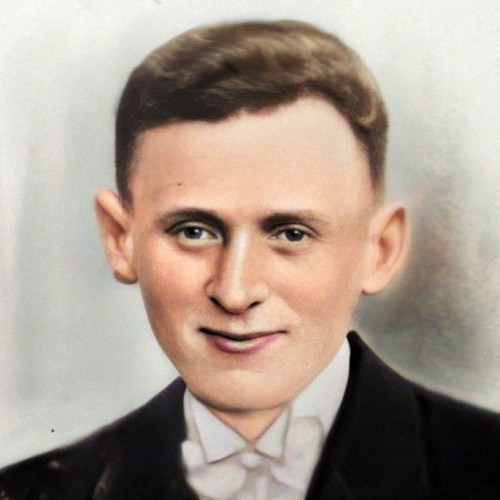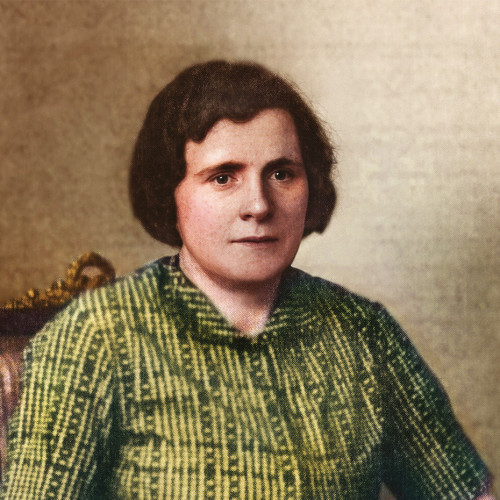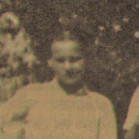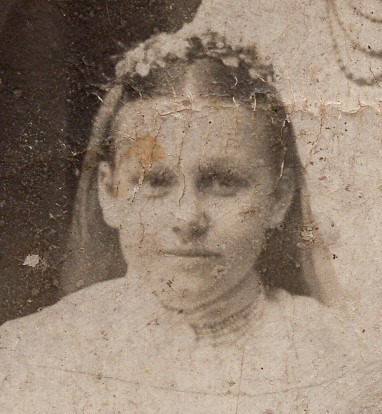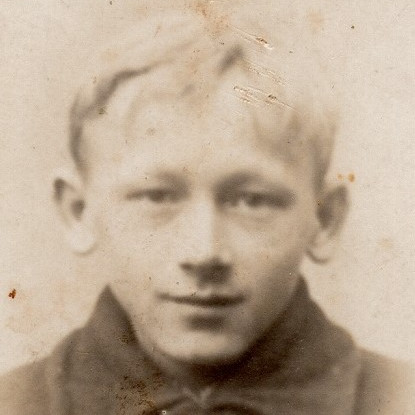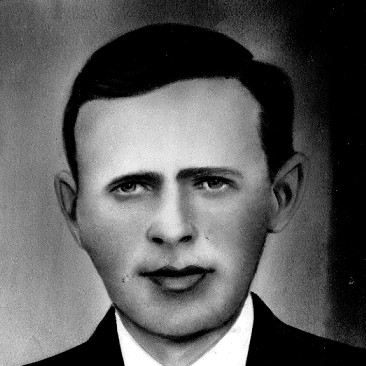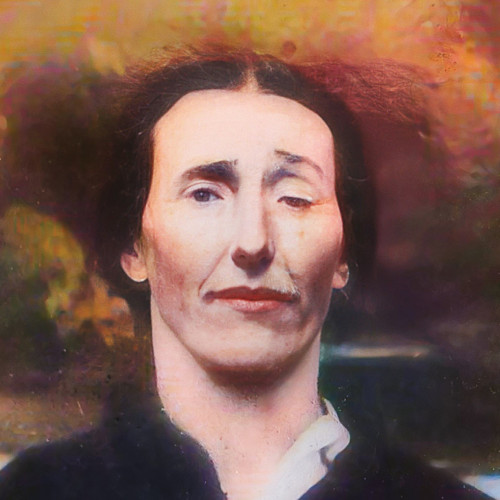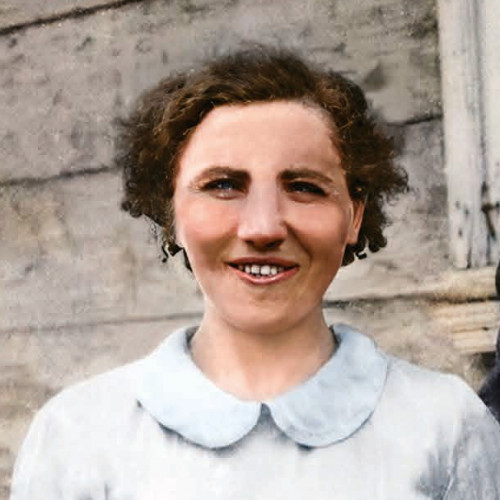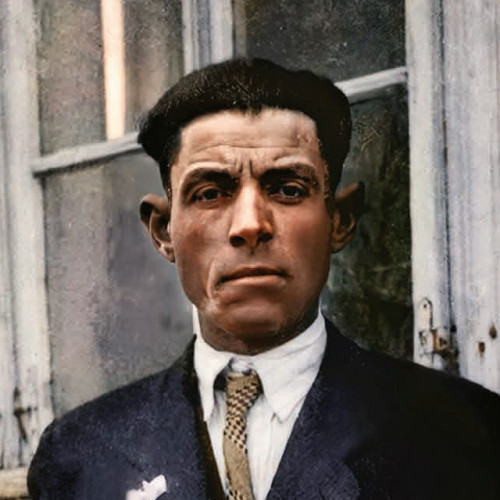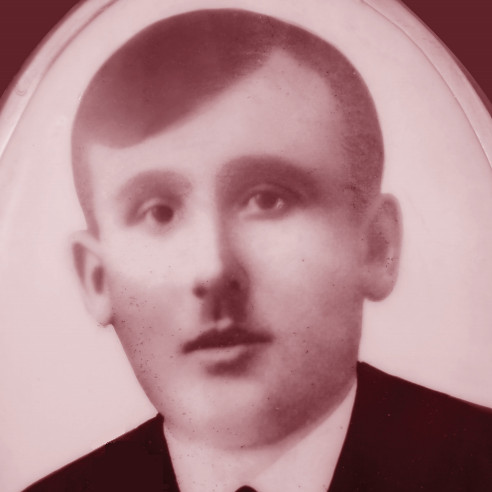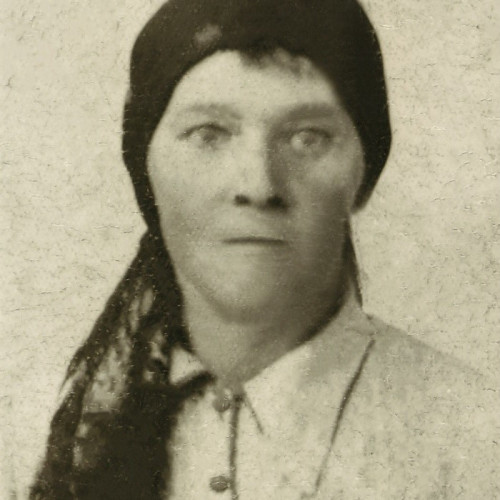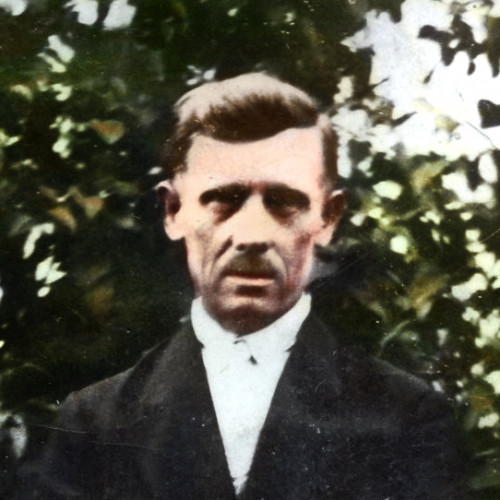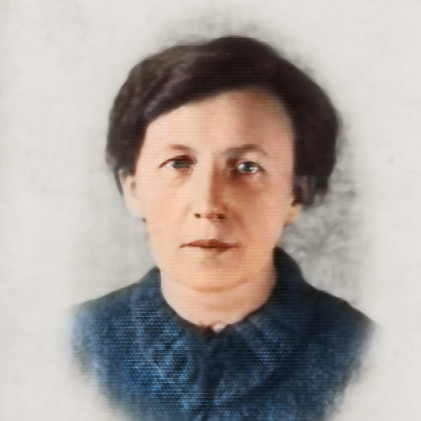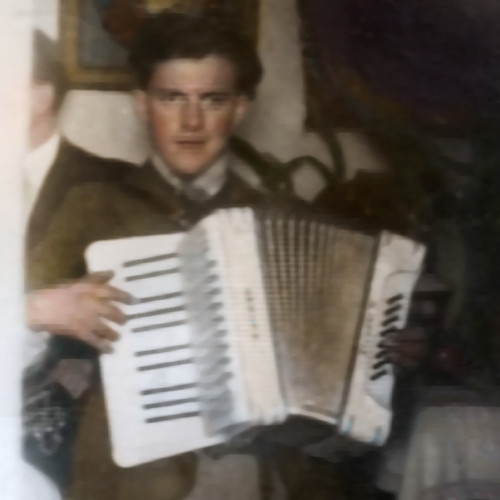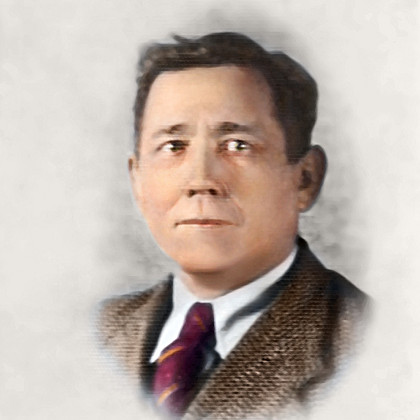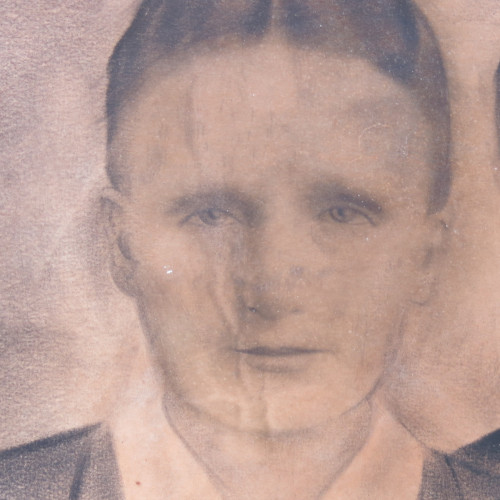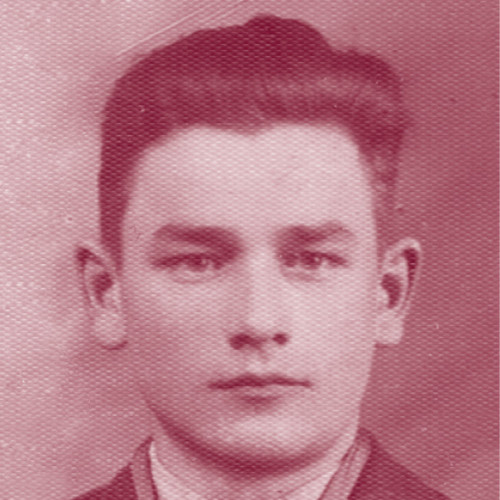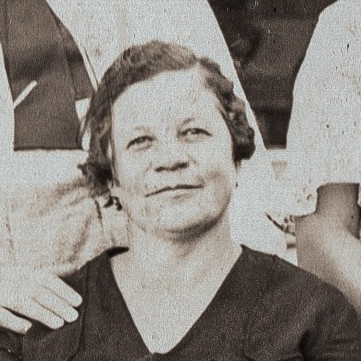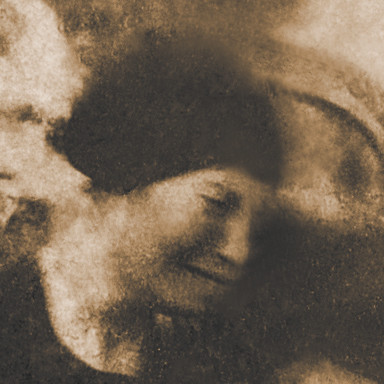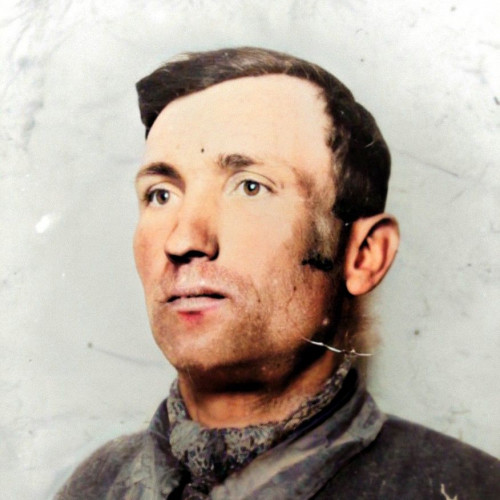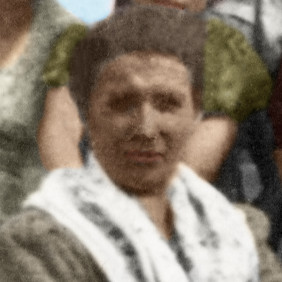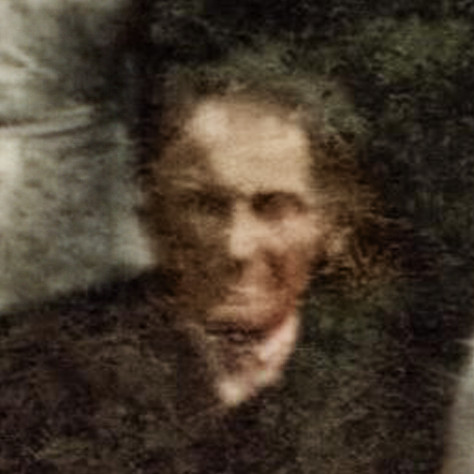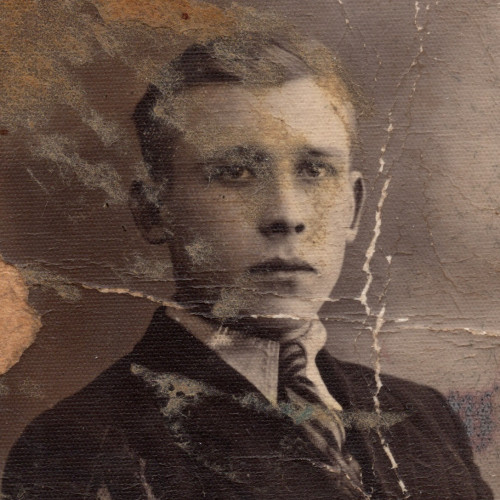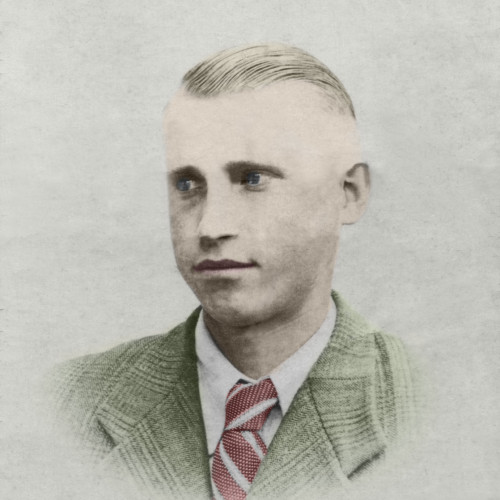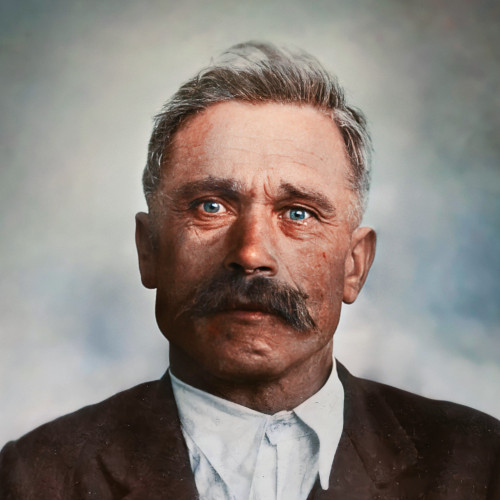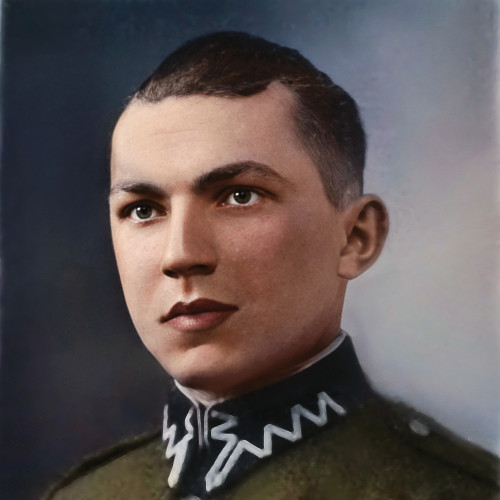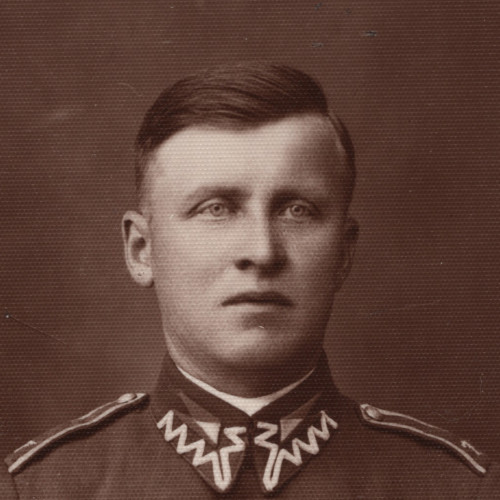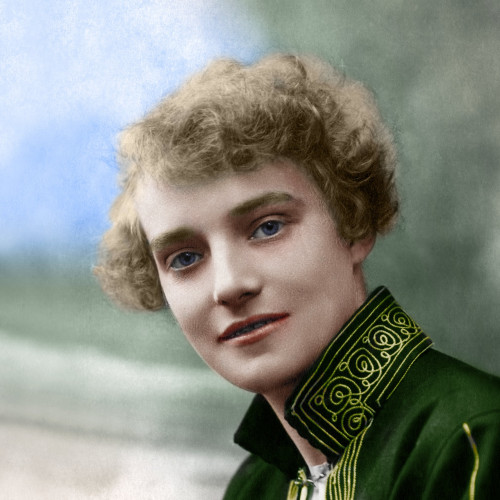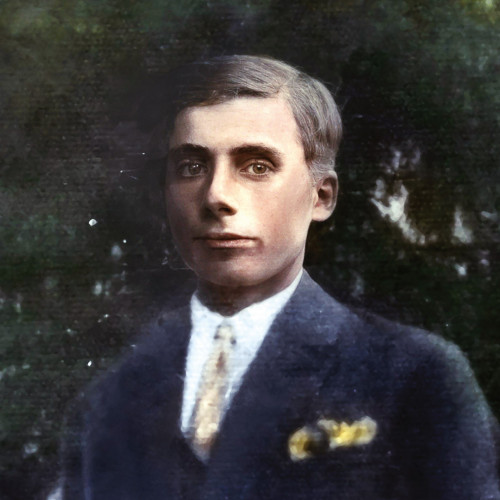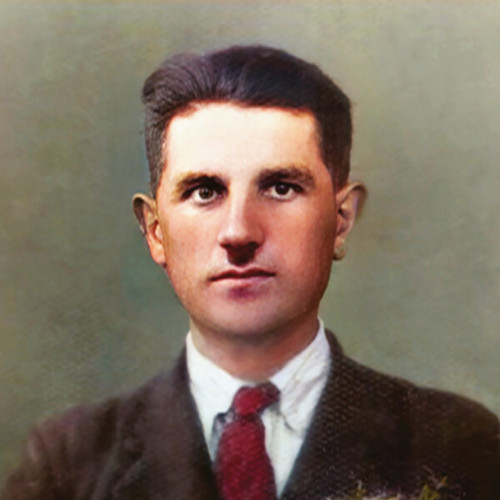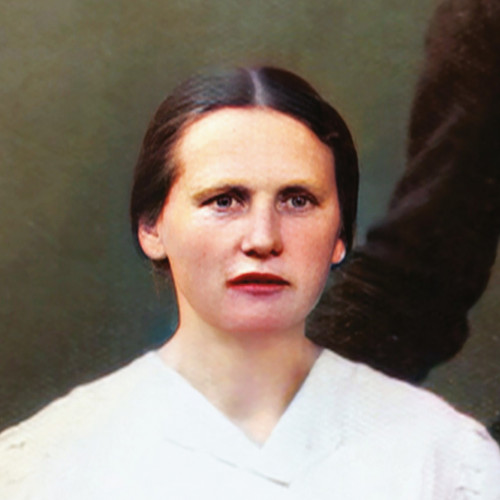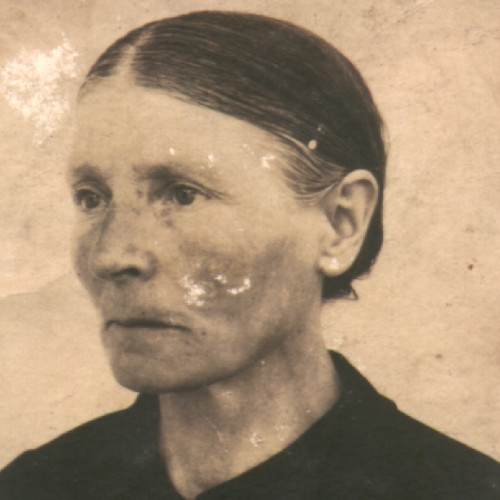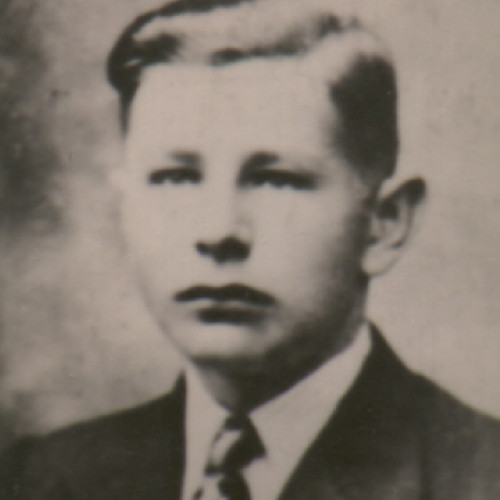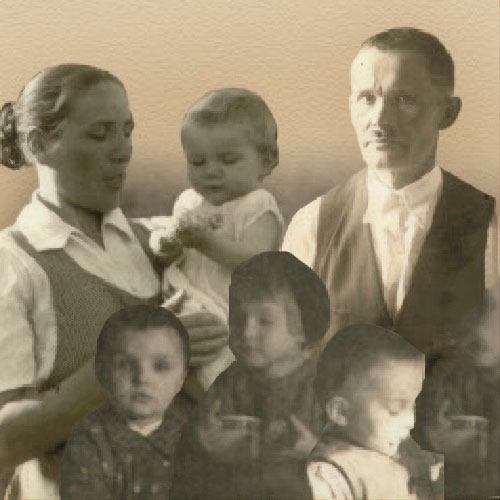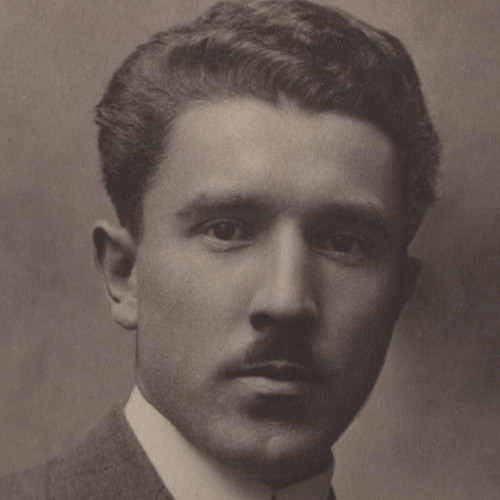Called by Name - Instytut Pileckiego
Why did they help? The families of those called by name answer:
"They loved people: they didn't refuse the Jews who asked for help"
therefore we have to know
to count exactly
call by the first name
provide for a journey
Zbigniew Herbert (transl. Bogdana and John Carpenter)
The “Called by Name” are Poles who were murdered by the Germans for helping Jews who were at risk of extermination in the Holocaust during the German occupation. Over the years, their fate has been unable to resonate in the collective memory, and they have rarely been mentioned in Polish and international historical discourse. Documents and testimonies have remained lost and scattered in the archives; material traces have gradually been destroyed. Today, only the memory of these heroes, preserved by families and local communities, is disseminated and becomes our common concern.
Idea
As part of the “Called by Name” project, the Pilecki Institute is recovering the stories of Poles who paid for saving Jews from the Holocaust with their own lives and the lives of their loved ones. The program combines research, historical education and various other activities concerning the culture of remembrance.
Archival research, which serves to accurately retrace the events in question, is accompanied by visits to the scenes of the crime – most often in small towns and villages – interviews with witnesses and filmed recordings of testimonies. Of paramount importance is the establishment of a relationship with the families of the victims and the descendants of the rescued Jews, if these latter managed to survive. In each case, the highlight is the unveiling of a stone with an inscription that commemorates the murdered Poles and the rescued Jews who died with them in both Polish and English. It becomes a permanent sign of remembrance of the heroes in the public space where tragic events took place. Integrating the milieu of the “Called by Name” families helps them to cope with the difficult experiences of their past. Thanks to meetings and educational workshops for young people, local communities can learn and understand their own history. A broad information campaign serves to introduce the fate of the “Called by Name” to the collective memory in Poland and around the world.
The “Called by Name” project aims to do justice to the heroic acts of Poles who consciously risked their own lives and the lives of their loved ones to help Jewish friends, neighbors, and sometimes strangers, and paid the highest price. At the same time, the project highlights the realities of the ruthless German occupation policy in Poland, which destroyed all ties of solidarity between Poles and Jews, and punished the slightest human gesture of compassion with death. The “Called by Name” also convey a universal message of courage, sacrifice and solidarity with the persecuted, which set the measure of the radical evil of totalitarianism and genocide. By restoring the stories of the “Called by Name” to their proper place in our memory, we discover the meaning of their sacrifice, which – as it turns out – was not at all in vain.
Location
Living memory must plant its roots where the tragic events took place. These were usually small towns or farmsteads located on the outskirts of villages, on the edge of forests. After murdering the Poles and Jews who were being aided, the Germans burned down the houses, plundered belongings, and forbade burying the dead. The “Called by Name” project was born out of the need to mark the places where our heroes lived and died in the public space. This is where the ceremonies are held and the commemorative monuents unveiled.
The Pilecki Institute has developed a coherent and legible method of visual identification for the memorial sites. The material sign of the commemoration is a plaque with an inscription in Polish and English, affixed to a stone. It is a permanent element of the landscape, evokes the names and surnames of victims – both Poles and Jews – and becomes a meeting place for the local community.
Family
The “Called by Name” left behind their loved ones – parents, spouses, orphaned children. While the historians’ literary narrative usually breaks off on the day of the death of the rescuers and the rescued, a new chapter of life was just beginning for the survivors. Deprived of their homes, livelihoods, education, the families of the victims struggled to live their lives in the post-war reality. Burdened by trauma, they reluctantly returned to painful memories. They could not count on the support of the Communist state and were not always understood by the people. However, they did not allow the memory to perish, and passed it on to future generations.
The families of the “Called by Name” are at the heart of our project. They are honorary guests at the commemorations; we listen to their voices during the ceremony. Thanks to them, we have been able to reach previously unknown certificates, documents and photos. We also try to take care of them. The integration of the families facilitates an exchange of experiences among people with similar stories, fosters intergenerational dialogue and overcoming trauma. The first meeting of the “Called by Name” families took place in Brok on the Bug river in 2019.
Local community
Local communities are the natural custodians of the memory of the “Called by Name”. The project assumes close cooperation with local authorities, schools, parishes, associations and scout organizations. Commemorations take place in agreement and in cooperation with local communities; thus the stories of the “Called by Name” become their property and permanently shape their identity. Workshops for young people, conducted by educators from the Pilecki Institute, spark the interest in the fate of our heroes and local history in general.
Context
The project is based on the profound contextualization of history. We discuss the fate of the “Called by Name” in an unisolated way, taking the complex circumstances into account. The basic context is the Holocaust, the German plan to exterminate all European Jews during World War II. It particularly affected the territories of the occupied Second Republic of Poland, where the Jewish community of nearly 3.5 million people almost ceased to exist. By honoring the “Called by Name”, we remember those for whom they risked their own lives and the lives of their families. We always try to establish the identity of the Jewish victims and the circumstances of their death. During the unveiling of the monument, we recall their names, and after a solemn mass, the rabbi says a Jewish prayer for the deceased. If unmarked graves of Holocaust victims are found, we cooperate with Fundacja Zapomniane, which conserves and commemorates them.
The key context in the stories of the “Called by Name” is the reality of the German occupation in Poland, which differed completely from the occupation in other European countries, especially in the West. The death penalty for helping Jews, the obligation to denounce and brutal repressions built an atmosphere of terror and made Poles hostages of the criminal policy of the Third Reich. In this situation, solidarity was a heroic attitude and could not be a mass phenomenon. When talking about the heroes, we also talk about denunciations and collaboration, which in many cases brought about the deaths of the “Called by Name” and the rescued Jews. We also remember that denunciation is a tool of control in totalitarian systems. The responsibility for creating a space of violence and lawlessness in occupied Poland rests with the Third Reich. The German perpetrators – the murderers of the “Called by Name” and rescued Jews – mostly escaped punishment and remain anonymous to this day. As part of the project, we strive to establish their identity and reveal their post-war fate.
Taking into account many contexts paves the way for the development of microhistoric research. In many cases, the experiences of the “Called by Name” and their families turn out to be an inspiration and the key to reconstructing a complete picture of local history during World War II.
Process
The “Called by Name” project assumes that restoring and preserving the memory of Poles murdered by the Germans for helping Jews is not a one-off act, but a continuous, consistent and collective effort. The unveiling of the monument is of great symbolic importance, and at the same time it is part of the complex process of researching memory. It is preceded by thorough preparation, research and archival inquiries, multiple visits and meetings with families and local communities. After the commemoration comes time for educational and integration activities, development of good practices of the culture of remembrance and promotion of knowledge about the “Called by Name” both in Poland and around the world. The Pilecki Institute initiates a process in which families, local communities, the media and people of culture are involved, often in response to reports we receive. In this way, the “Called by Name” project becomes a joint venture and the shared responsibility of many people. This allows us to reflect, together and in dialogue with one another, on the tragic experiences of the “Called by Name” and their families, and thus perhaps better understand ourselves.
The “Called by the Name” project was inaugurated in 2019 at the initiative of Prof. Magdalena Gawin, Undersecretary of State at the Ministry of Culture, National Heritage and Sport. So far, 34 commemorations have taken place, in 33 places, during which 89 people have been honored.
Patronat Narodowy Prezydenta Rzeczypospolitej Polskiej Andrzeja Dudy w Stulecie Odzyskania Niepodległości.
Commemoration sites
The commemorated
- Ignacy Ambroziak

commemorated
Ignacy Ambroziak
(1896–1943)Ignacy Ambroziak was murdered for helping Jews during a show execution organized by the Germans in the Złotopolice forest on November 21, 1943.
- Franciszek Andrzejczyk

commemorated
Franciszek Andrzejczyk
(~1891–1943)Franciszek Andrzejczyk was commemorated by the Pilecki Institute on 27 October 2019 in Czyżew-Sutki.
- Franciszek Augustyniak

commemorated
Franciszek Augustyniak
(~1914–1943)Franciszek Augustyniak was commemorated by Pilecki Institute on 4 June 2020 in Sterdyń.
- Marianna Banaszek

commemorated
Marianna Banaszek
(~1893–1943)Marianna Banaszek was commemorated by Pilecki Institute on 15 September 2020 in Marki.
- Władysław Banaszek

commemorated
Władysław Banaszek
(~1923–1943)Władysław Banaszek was commemorated by Pilecki Institute on 15 September 2020 in Marki.
- Stanisława Banaszek

commemorated
Stanisława Banaszek
(~1926–1943)Stanisława Banaszek was commemorated by Pilecki Institute on 15 September 2020 in Marki.
- Wacław Budziszewski

commemorated
Wacław Budziszewski
(1925–1943)Wacław Budziszewski was commemorated by the Pilecki Institute on 22 September 2019 in Nur.
- Jadwiga Długoborska

commemorated
Jadwiga Długoborska
(1899–1944)Jadwiga Długoborska was commemorated by the Pilecki Institute on 29 June 2019 in Ostrów Mazowiecka.
- Józefa Dmoch

commemorated
Józefa Dmoch
(1898–1943)Commemorated on 14 June 2022 in Poświętne
- Józef Dmoch

commemorated
Józef Dmoch
(1896–1943)Commemorated on 14 June 2022 in Poświętne
- Piotr Domański

commemorated
Piotr Domański
(~1867–1943)Piotr Domański was commemorated by the Pilecki Institute on 28 May 2021 in Rzążew.
- Franciszek Domański

commemorated
Franciszek Domański
(~1906–1943)Franciszek Domański was commemorated by the Pilecki Institute on 28 May 2021 in Rzążew.
- Antoni Domański

commemorated
Antoni Domański
(~1912–1943)Antoni Domański was commemorated by the Pilecki Institute on 28 May 2021 in Rzążew.
- Zygmunt Drgas

commemorated
Zygmunt Drgas
(1920–1943)Zygmunt Drgas was commemorated by Pilecki Institute on 4 June 2020 in Sterdyń.
- Apolonia Gacoń

commemorated
Apolonia Gacoń
(1900–1943)Commemorated on 22 June 2022 in Brzostek
- Stanisław Gacoń

commemorated
Stanisław Gacoń
(1902–1943)Commemorated on 22 June 2022 in Brzostek
- Jan Gniduła

commemorated
Jan Gniduła
(1872–1942)Commemorated by the Pilecki Institute on 29 September 2022 in Majdan Nowy.
- Katarzyna Grochowicz

commemorated
Katarzyna Grochowicz
Katarzyna Grochowicz was commemorated by Pilecki Institute on 8 October 2020 in Stary Lipowiec.
- Jan Jantoń

commemorated
Jan Jantoń
(1911–1942)Commemorated on 22 June 2022 in Brzostek
- Karolina Juszczykowska

commemorated
Karolina Juszczykowska
(1898–1945)Karolina Juszczykowska was commemorated by Pilecki Institute on 22 September 2020 in Tomaszów Mazowiecki.
- Katarzyna Kazak

commemorated
Katarzyna Kazak
(1877–1943)Commemorated on 24 March 2022 in Brzóza Królewska.
- Sebastian Kazak

commemorated
Sebastian Kazak
(~1870–1943)Commemorated on 24 March 2022 in Brzóza Królewska.
- Antoni Kenigsman

commemorated
Antoni Kenigsman
Antoni Kenigsman was commemorated by Pilecki Institute on 2 July 2021 in Mikołajki.
- Franciszek Kierylak

commemorated
Franciszek Kierylak
(~1884–1943)Franciszek Kierylak was commemorated by Pilecki Institute on 4 June 2020 in Sterdyń.
- Piotr Kościelecki

commemorated
Piotr Kościelecki
(~1882–1943)Piotr Kościelecki was commemorated by the Pilecki Institute on 9 June 2021 in Grądy-Woniecko.
- Ewa Kotowska

commemorated
Ewa Kotowska
(~1889–1943)Ewa Kotowska was commemorated by Pilecki Institute on 4 June 2020 in Sterdyń.
- Stanisław Kotowski

commemorated
Stanisław Kotowski
(1918–1943)Stanisław Kotowski was commemorated by Pilecki Institute on 4 June 2020 in Sterdyń.
- Józef Kotowski

commemorated
Józef Kotowski
(~1887–1943)Józef Kotowski was commemorated by Pilecki Institute on 4 June 2020 in Sterdyń.
- Katarzyna Kowal

commemorated
Katarzyna Kowal
(1897–1942)Commemorated by the Pilecki Institute on 29 September 2022 in Majdan Nowy.
- Józef Kowal

commemorated
Józef Kowal
(1926–1942)Commemorated by the Pilecki Institute on 29 September 2022 in Majdan Nowy.
- Anna Kowalska

commemorated
Anna Kowalska
(~1922–1942)Commemorated on June 21, 2023 for her steadfast attitude, which probably saved the lives of three Polish women who helped her.
- Jan Kowalski

commemorated
Jan Kowalski
(1906–1943)Commemorated on 14 June 2022 in Poświętne
- Zofia Krasuska

commemorated
Zofia Krasuska
(~1908–1943)Zofia Krasuska was commemorated by Pilecki Institute on 19 June 2020 in Tworki.
- Feliks Bogusław Krasuski

commemorated
Feliks Bogusław Krasuski
(~1937–1943)Feliks Bogusław was commemorated by Pilecki Institute on 19 June 2020 in Tworki.
- Władysława Krysiewicz

commemorated
Władysława Krysiewicz
(~1907–1943)Władysława Krysiewicz was commemorated by the Pilecki Institute on 6 October 2019 in Waniewo.
- Stanisław Krysiewicz

commemorated
Stanisław Krysiewicz
(~1908–1943)Stanisław Krysiewicz was commemorated by the Pilecki Institute on 6 October 2019 in Waniewo.
- Bolesław Książek

commemorated
Bolesław Książek
(1899–1943)Bolesław Książek was commemorated by the Pilecki Institute on 25 June 2021 in Olesin.
- Zofia Kur

commemorated
Zofia Kur
(1900–1943)In June 1943, three Jews came to the farm of Zofia Kur. They escaped from one of the labor camps in Minsk Mazowiecki. They asked for shelter. Their names were: Leyzor Matuszewski, Berek Szafir and a unknown man
- Aleksander Kur

commemorated
Aleksander Kur
(1925–1943)In June 1943, three Jews came to the farm of Zofia Kur, Aleksander's mother. They escaped from one of the labor camps in Mińsk Mazowiecki. They asked for shelter. Their names were: Leyzor Matuszewski, Berek Szafir and a unknown man
- Franciszek Kusiak

commemorated
Franciszek Kusiak
(~1937–1943)Franciszek Kusiak was commemorated by Pilecki Institute on 8 October 2020 in Stary Lipowiec.
- Roman Kusiak (?–1943)

commemorated
Roman Kusiak (?–1943)
Roman Kusiak was commemorated by Pilecki Institute on 8 October 2020 in Stary Lipowiec.
- Anastazja Kusiak (?–1943)

commemorated
Anastazja Kusiak (?–1943)
Anastazja Kusiak was commemorated by Pilecki Institute on 8 October 2020 in Stary Lipowiec.
- Piotr Leszczyński

commemorated
Piotr Leszczyński
(~1891–1943)Piotr Leszczyński was commemorated by the Pilecki Institute on 9 June 2019 in Poręba-Kocęby.
- Apolonia Likos

commemorated
Apolonia Likos
(1904–1943)Apolonia Likos was commemorated by the Pilecki Institute on 30 September 2021 in Opoka Duża.
- Piotr Likos

commemorated
Piotr Likos
(1900–1943)Piotr Likos was commemorated by the Pilecki Institute on 30 September 2021 in Opoka Duża.
- Marianna Lubkiewicz

commemorated
Marianna Lubkiewicz
(1899–1943)Marianna Lubkiewicz was commemorated by the Pilecki Institute on 24 March 2019 in Sadowne.
- Stefan Lubkiewicz

commemorated
Stefan Lubkiewicz
(1919–1943)Stefan Lubkiewicz was commemorated by the Pilecki Institute on 24 March 2019 in Sadowne.
- Leon Lubkiewicz

commemorated
Leon Lubkiewicz
(1884–1943)Leon Lubkiewicz was commemorated by the Pilecki Institute on 24 March 2019 in Sadowne.
- Marianna Łubiarz

commemorated
Marianna Łubiarz
(1866–1942)Commemorated by the Pilecki Institute on 29 September 2022 in Majdan Nowy.
- Anastazja Łubiarz

commemorated
Anastazja Łubiarz
(1899–1942)Commemorated by the Pilecki Institute on 29 September 2022 in Majdan Nowy.
- Jan Maletka

commemorated
Jan Maletka
(~1921–1942)The Pilecki Institute commemorated Jan Maletka on 25 November 2021 in the village of Treblinka.
- Katarzyna Margol

commemorated
Katarzyna Margol
(1897–1942)Commemorated by the Pilecki Institute on 29 September 2022 in Majdan Nowy.
- Władysław Muchowski

commemorated
Władysław Muchowski
(1892–1943)Władysław Muchowski was murdered for helping Jews during a show execution organized by the Germans in the Złotopolice forest on November 21, 1943.
- Aniela Nizioł

commemorated
Aniela Nizioł
(1889–1942)Aniela Nizioł, who was murdered for aiding Jews during the German occupation, was commemorated by the Pilecki Institute on 3 December 2023 in Łańcut, as part of the “Called by Name” program.
- Marian Nowicki

commemorated
Marian Nowicki
(~1914–1943)Marian Nowicki was commemorated by Pilecki Institute on 4 June 2020 in Sterdyń.
- Leokadia Piątkowska

commemorated
Leokadia Piątkowska
(1883–1944)Leokadia Piątkowska was commemorated by the Pilecki Institute on 26 October 2021 in Węgrów.
- Stanisław Piwko

commemorated
Stanisław Piwko
(~1913–1943)Stanisław Piwko was commemorated by Pilecki Institute on 4 June 2020 in Sterdyń.
- Julianna Postek

commemorated
Julianna Postek
(1891–1943)Julianna Postek was commemorated by the Pilecki Institute on 30 June 2019 in Stoczek.
- Stanisław Postek

commemorated
Stanisław Postek
(~1883–1944)Stanisław Postek was commemorated by the Pilecki Institute on 30 June 2019 in Stoczek.
- Wacław Postek (?–?)

commemorated
Wacław Postek (?–?)
Wacław Postek was commemorated by the Pilecki Institute on 30 June 2019 in Stoczek.
- Henryk Postek (?–?)

commemorated
Henryk Postek (?–?)
Henryk Postek was commemorated by the Pilecki Institute on 30 June 2019 in Stoczek.
- Józef Pruchniewicz

commemorated
Józef Pruchniewicz
(1887–1944)Józef Pruchniewicz was commemorated by Pilecki Institute on 23 March 2021 in Biecz.
- Antoni Prusiński

commemorated
Antoni Prusiński
(~1910–1943)Antoni Prusiński was commemorated by the Pilecki Institute on 9 June 2019 in Poręba-Kocęby.
- Kazimierz Przekora

commemorated
Kazimierz Przekora
(1900–1943)Commemorated on 26 April 2022 in Huta Mińska
- Lucyna Radziejowska

commemorated
Lucyna Radziejowska
(1899–1944)Lucyna Radziejowska was commemorated by the Pilecki Institute on 29 June 2019 in Ostrów Mazowiecka.
- Katarzyna Rybak (?–1943)

commemorated
Katarzyna Rybak (?–1943)
Katarzyna Rybak was commemorated by Pilecki Institute on 8 October 2020 in Stary Lipowiec.
- Marianna Sianiarska

commemorated
Marianna Sianiarska
(1901–1944)Marianna Siniarska was commemorated on March 10, 2024 in Lutkówka, together with her husband and children.
- Irena Siniarska

commemorated
Irena Siniarska
(1935–1944)Irena Siniarska was commemorated with her parents and siblings on March 10, 2024 in Lutkówka.
- Stanisław Siniarski

commemorated
Stanisław Siniarski
(1899–1944)Stanisław Siniarski was commemorated on March 10, 2024 in Lutkówka, together with his wife and children.
- Marian Siniarski

commemorated
Marian Siniarski
(1928–1944)Marian Siniarski was commemorated with his parents and siblings on March 10, 2024 in Lutkówka.
- Edward Siniarski

commemorated
Edward Siniarski
(1936–1944)Edward Siniarski was commemorated with his parents and siblings on March 10, 2024 in Lutkówka.
- Jan Siwiński

commemorated
Jan Siwiński
(~1887–1943)Jan Siwiński was commemorated by Pilecki Institute on 4 June 2020 in Sterdyń.
- Aleksandra Skłodowska

commemorated
Aleksandra Skłodowska
(1862–1944)Aleksandra Skłodowska was commemorated by the Pilecki Institute on 16 June 2019 in Skłody-Piotrowice.
- Hieronim Skłodowski

commemorated
Hieronim Skłodowski
(1905–1944)Hieronim Skłodowski was commemorated by the Pilecki Institute on 16 June 2019 in Skłody-Piotrowice.
- Józef Sowa

commemorated
Józef Sowa
(1902–1943)Józef Sowa was commemorated by Pilecki Institute on 16 June 2020 in Wierzchowisko.
- Franciszka Sowa

commemorated
Franciszka Sowa
(1907–1943)Franciszka Sowa was commemorated by Pilecki Institute on 16 June 2020 in Wierzchowisko.
- Michał Stasiuk

commemorated
Michał Stasiuk
(1890–1944)On 29 November 2022 in Rzeszów, the Pilecki Institute commemorated Michał Stasiuk, who was murdered by the German functionaries for helping several dozen Jews who were hiding under the Rzeszów market square.
- Marianna Stradowska

commemorated
Marianna Stradowska
(1900–1943)Commemorated by the Pilecki Institute on 15 September 2022 in Chmielnik.
- Wacław Stradowski

commemorated
Wacław Stradowski
(1921–1943)Commemorated by the Pilecki Institute on 15 September 2022 in Chmielnik.
- Kazimierz Szabat

commemorated
Kazimierz Szabat
(1902–1942)Commemorated by the Pilecki Institute on 29 September 2022 in Majdan Nowy.
- Stanisława Trzcińska

commemorated
Stanisława Trzcińska
(1888–1943)Stanisława Trzcińska was murdered for helping Jews during a show execution organized by the Germans in the Złotopolice forest on November 21, 1943.
- Stefan Trzciński

commemorated
Stefan Trzciński
(1921–1943)Stefan Trzciński was murdered for helping Jews during a show execution organized by the Germans in the Złotopolice forest on November 21, 1943.
- Józef, Wiktoria, Antoni, Władysław, Barbara, Franciszek, Maria, Stanisława, nienarodzone dziecko (unborn baby) Ulma

commemorated
Józef, Wiktoria, Antoni, Władysław, Barbara, Franciszek, Maria, Stanisława, nienarodzone dziecko (unborn baby) Ulma
The death of 16 people, including 7 children, came as a shock to the local community. Over the years, the story of the Ulma family became not only part of the local memory, but also a symbol of the death for helping Jews.
- Zygmunt Uziębło

commemorated
Zygmunt Uziębło
(~1924–1943)Zygmunt Uziębło was commemorated on 4 June 2020 in Sterdyń.
- Aleksandra Wiktorzak

commemorated
Aleksandra Wiktorzak
(~1883–1943)Aleksandra Wiktorzak was commemorated by Pilecki Institute on 4 June 2020 in Sterdyń.
- Jan Zaręba (?–1943)

commemorated
Jan Zaręba (?–1943)
Jan Zaręba was commemorated by Pilecki Institute on 8 October 2020 in Stary Lipowiec.
- Mieczysław Żemojtel

commemorated
Mieczysław Żemojtel
(1898–1943)Mieczysław Żemojtel was murdered for helping a Jewish woman, Anna Kowalska, whom he and his brother took into their home.

